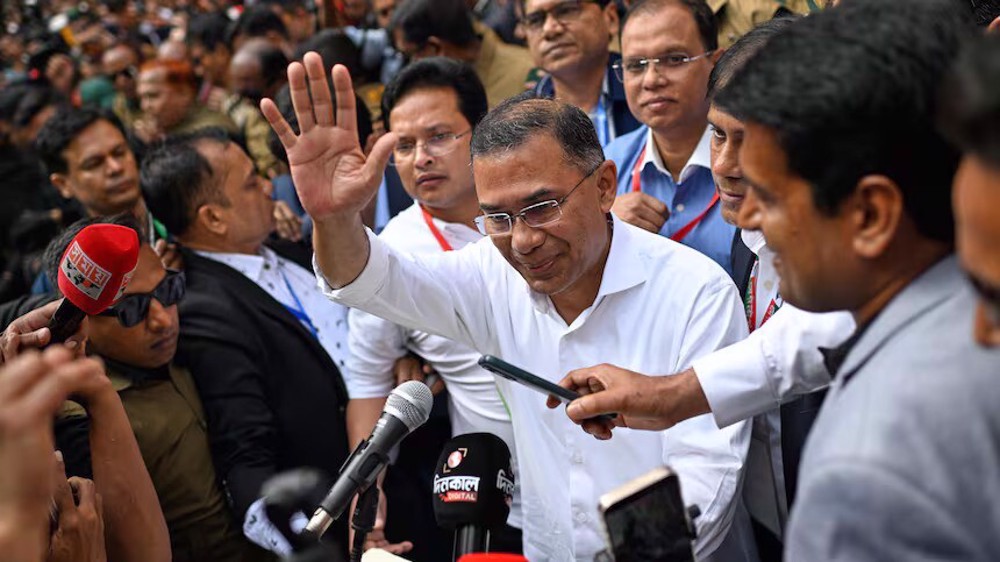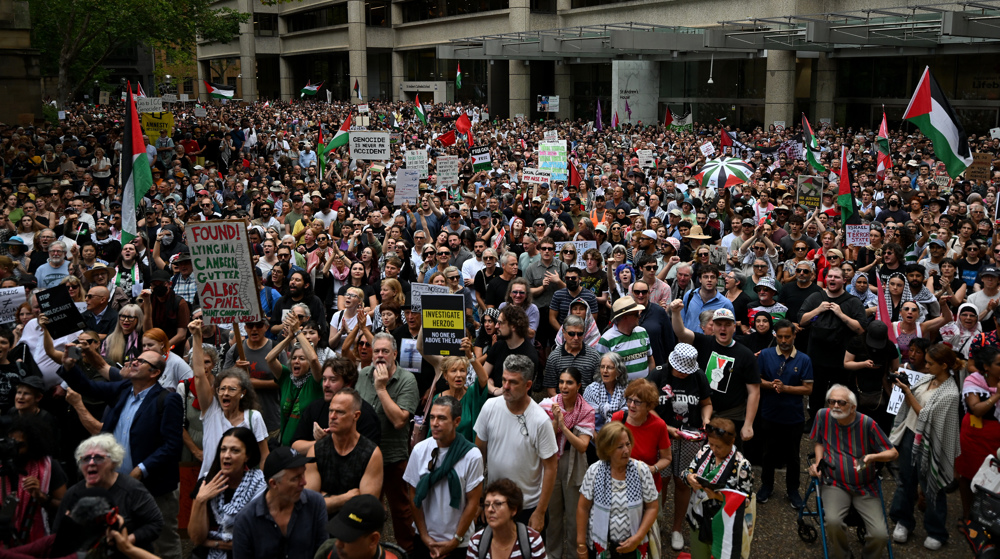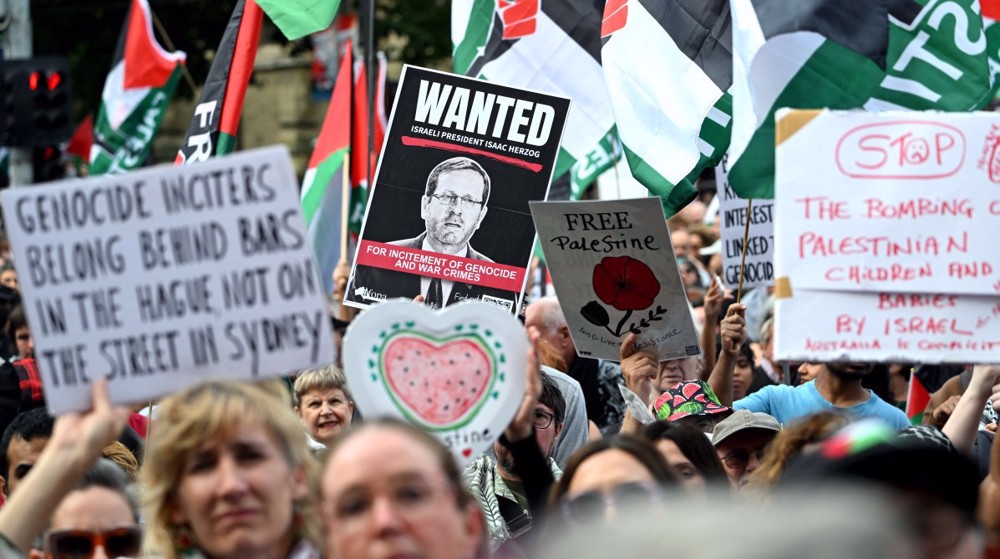UN chief calls for end to Nepal-India border blockade
The United Nations (UN)’s Secretary General Ban Ki-moon has urged an end to the Nepal-India border blockade, expressing “growing concern” that essential supplies are being prevented from reaching Nepal.
Ban said he was “alarmed by reports of the obstruction, and destruction, of life-saving medical supplies and the continued impact on humanitarian operations,” according to a statement released by his spokesman Stephane Dujarric on Saturday.
Ban also called on “all sides to resolve their differences in a peaceful and flexible manner and reiterates the support of the United Nations for Nepal’s efforts to build a democratic, inclusive, peaceful and prosperous future.”

Protesters in Nepal have been blocking the country’s border posts with India in acts of objection to a new constitution that was signed by parliament in late September. The constitution was passed by a large majority of lawmakers and came into effect on September 20.
Members of ethnic Madhesi political parties boycotted the vote and, since the implementation of the new charter, have assembled large demonstrations that blocked border posts with India, including the main entry point at Birgunj, a town about 135km south of the capital, Kathmandu.
For weeks now, Indian border officials have also been preventing shipments of vital supplies from crossing the border, claiming that protests against Nepal’s constitution are putting Indian drivers’ lives in danger.

There have been reports that authorities in New Delhi, who have criticized Kathmandu’s handling of the constitution, have been behind the blockade; they have denied the accusation, however.
Over 40 people have lost their lives in weeks of clashes between police and protesters, who say the new internal borders discriminate against the country’s historically marginalized communities.
The new constitution was a condition of a 2006 peace deal with Maoist rebels, which brought an end to a 10-year civil war that killed some 17,000 people in the country of nearly 28 million people, divided among over 100 ethnic groups and many castes.
VIDEO | Gaza’s Ramadan: 1.7mn displaced struggle between hope and pain of war
Israel’s West Bank land seizures signal 'alternative homeland' threat: Ex Jordanian official
Tarique Rahman sworn in as Bangladesh’s new prime minister
UAE removes online references to Hind al-Owais after Epstein email revelations
Iran in no way seeking nuclear weapons: Pezeshkian
Oman: Iran-US indirect talks in Geneva achieve tangible progress
VIDEO | Press TV's news headlines
VIDEO | Israeli forces loot Palestinian homes across West Bank










 This makes it easy to access the Press TV website
This makes it easy to access the Press TV website